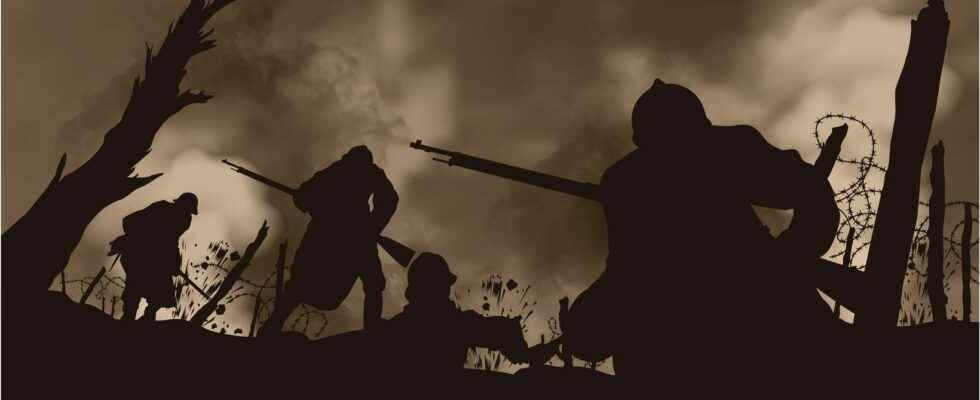If the outbreak of the First World War is often explained by the assassination of the Austrian Archduke François-Ferdinand by the Serbian nationalist Gavrilo Princip, in Sarajevo, on June 28, 1914; the causes are actually more numerous and complex. They are due to the strong nationalist feeling that agitates Europe, to the German economic thrust and to the subtle games of diplomatic alliances.
You will also be interested
Since the end of the 19th century, the peoples of Europe have been going through a strong nationalist feeling. In France, it is only a question of revenge against theGermany to recover Alsace and Lorraine, regions lost during the war of 1871. In the declining Austro-Hungarian and Ottoman empires, the different populations (Hungarians, Serbs, Czechs, etc.) claimed their independence. The Italians claimed the irredent, predominantly Italian-speaking lands from the Austro-Hungarian Empire.
At the same time, since the unification of theGermany in 1871, the country caught up economically with the major European states. Its industry is particularly important. The German leaders therefore want to find new outlets for their products and obtain materials raw materials at lower cost. This is how they eye Africa, the French and English preserve. Twice, Emperor William II attempted to take Morocco from France, in 1905 and in 1912, provoking increasingly serious diplomatic conflicts.
Diplomatic alliances
The assassination of François-Ferdinand provokes a mechanism of diplomatic alliances in cascade. Austria-Hungary issues an ultimatum to Serbia to investigate the murder on July 23. Germany assures him of its support. On July 25, Serbia refuses the ultimatum and declares general mobilization. On July 29, the Russia, an ally of Serbia, mobilized against Austria-Hungary and then against Germany. On August 3, Germany declared war on France, an ally of the Russia. In a few days, the Triple Entente, France, United Kingdom and Russia, and the Triple Alliance, Germany and Austria-Hungary, were formed.
Members of the Commonwealth, Canada, Australia and South Africa automatically enter the war alongside England, thus participating in the global nature of the conflict.
armistice will be signed on November 11, 1918 in Rethondes in the Oise, following the German capitulation. The peace treaty will be signed on June 28, 1919 in Versailles.
Interested in what you just read?
